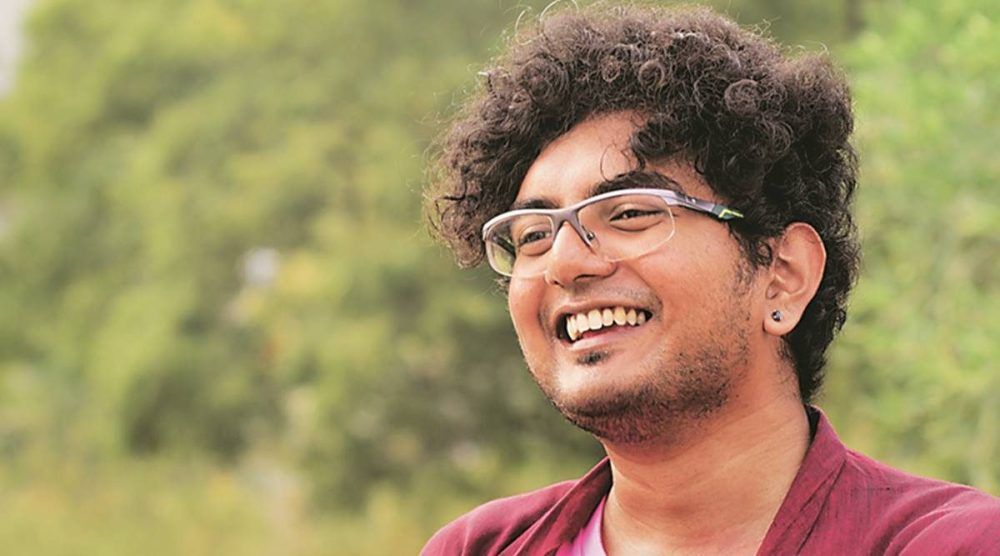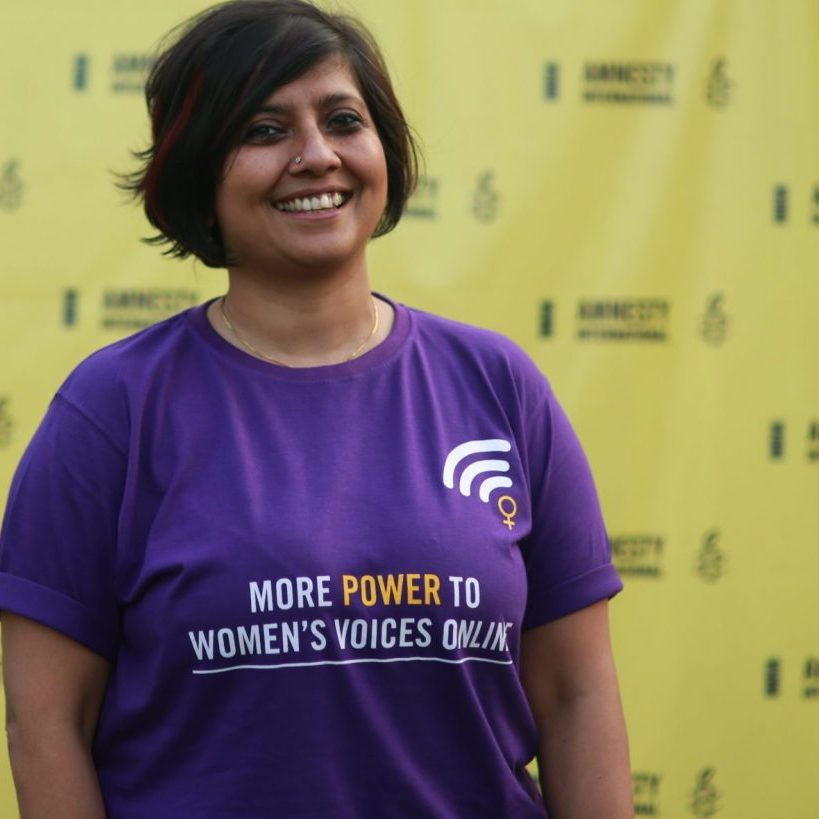
Today marks a historic day for LGBTQ+ rights in India
The Indian Supreme Court has ruled Section 377, which criminalised sex between men, as “unconstitutional”, and “a violation of rights”.
.@HRC celebrates the historic decision of the Supreme Court of India to overturn parts of #Section377 of the Indian Penal Code — an archaic British colonial-era law that criminalized same-sex relationships between consenting adults. pic.twitter.com/R7Y6az6sXD
— Human Rights Campaign (@HRC) September 6, 2018
The decision was unanimous: it rules India the first country in the Indian sub-continent to decriminalise consensual same-sex activity.
Henceforth, same-sex activity will be permitted for adults on the premise that it is consensual and conducted in private.
Section 377 was a colonial-era law upheld in a judgment by the Indian Supreme Court in 2013. It criminalised sex between two men, deeming it “unnatural”, but was also used to discriminate against other members of the LGBTQ+ community, including transgender individuals, women, and hijra sex workers.
LGBTQ+ individuals in India are overjoyed: many burst into tears after the announcement was made.
All five judges signed the verdict – Homosexuality gets legal approval and recognition.#Section377
FOLLOW LIVE UPDATES: https://t.co/epFDauFcr4 pic.twitter.com/ZW6FMzS67n
— Times of India (@timesofindia) September 6, 2018
Gopi Shankar Madurai, Founder of Srishti Madurai LGBTQIA+ Student Volunteer Movement in India and the intersex representative from the Asian Region of the International Lesbian, Gay, Bisexual, Trans and Intersex Association (ILGA), stated: “The repeal of this law will open the door for the larger LGBTI community, a larger discourse to ensure fundamental rights in India.
“With this ruling, everyone in India, not just the LGBTI community, will be free from fear of prosecution by the ambiguous colonial law. Everyone will have their basic rights guaranteed once again for the first time in centuries.”
SC decriminalises #Section377: What the court said
“Section 377 is a colonial legacy and it continued in the law book even after independence.”
Read: https://t.co/yxarh6e8cQ pic.twitter.com/iaUHBvfIXB
— Times of India (@timesofindia) September 6, 2018
The ruling, it is hoped, will begin a trend towards greater rights for LGBTQ+ individuals living in Asia.
The Asian representative of the ILGA added: “It shows that the tide is turning and history is on our side.”
“The only other country in South Asia where same-sex relations are not criminalised is Nepal. Indeed, the global trend is moving towards greater equality and freedom to love.”
History has been made.


